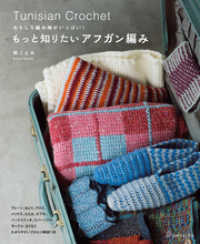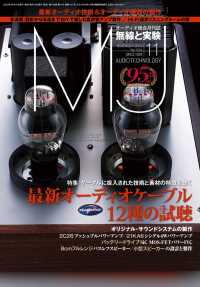Description
Love and economics are usually considered to be opposites: While love is seen as an irrational, unexplainable and ungovernable feeling towards another person, economics is regarded as the art of egoistic, profit-oriented, rational calculations and actions. But are they, really?
By examining a wide range of literary and historical sources throughout European modernity, the papers assembled inthis volume investigate how the process of finding a partner or spouse interlaces love and economics. In their analysis of Early Modern marriage legislation and drama, Spanish novellas, Jane Austen's novels, 20th Century films, today's dating apps and more, they reveal major cultural-historical changes in the notions of love and economics, and stress the role that epistemic discourses, concepts of gender, and various media play in their interrelated history. Despite their differing findings, they all show one thing: that "opposition "is far too simple a term to grasp the complicated relation of emotion and calculation. Annika Nickenig holds the position of guest professor for French and Spanish literature at the Institute for Romance Philology at Freie Universität Berlin. Her research focuses on Science and Literature, Narration and Economics, and Material Culture. She recently published Dinge - Gaben - Waren. Der Gegenstand ökonomischen Handelns in den romanischen Literaturen (2022), edited with U. Urban.
Esther Schomacher holds the position of guest professor for Italian literature at the Institute for Romance Literatures and Languages at Humboldt-University of Berlin. Her research focuses on relations between literature and sciences, especially economics, media theory, political theory, and gender studies. Recent publications include The Culture of Money (2024), edited with J. Söffner, and Schrift und Geld um 1900. Italo Svevo's Medien (2021).







